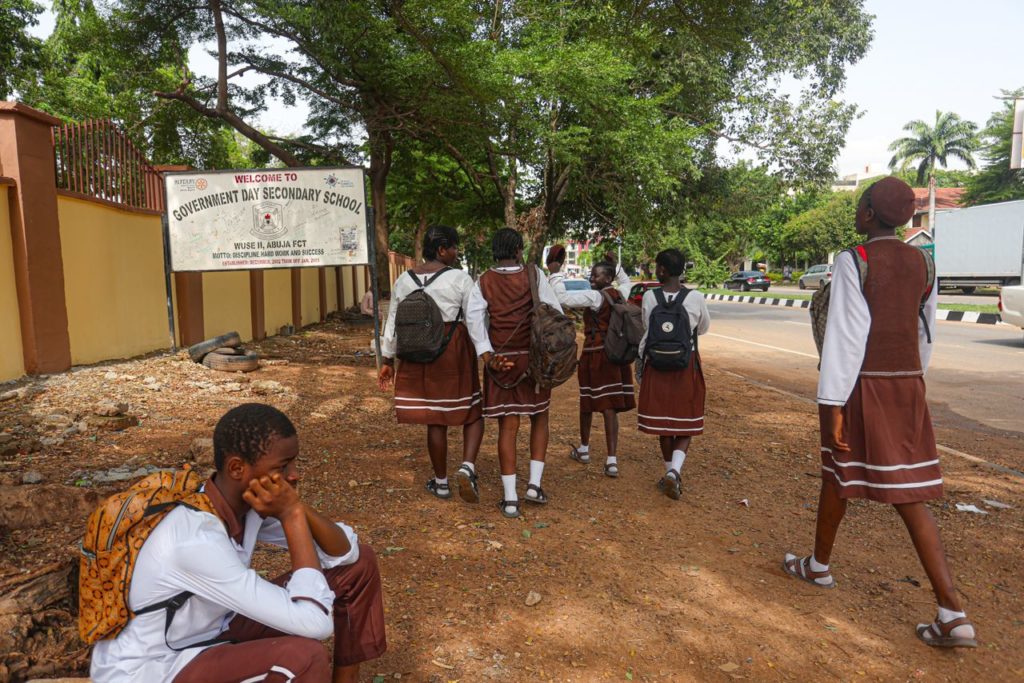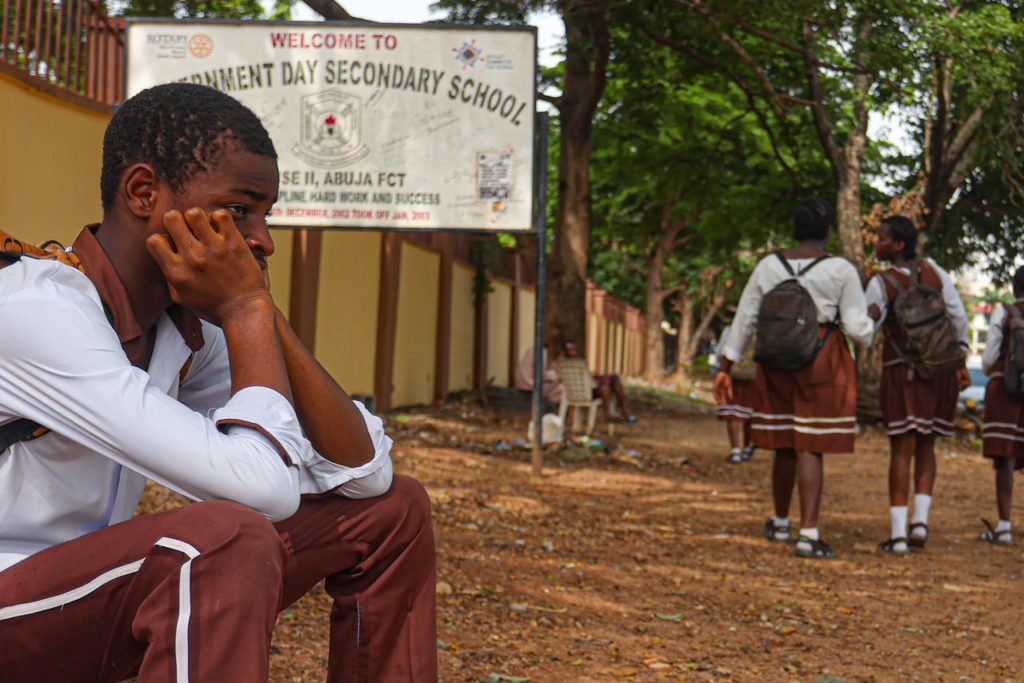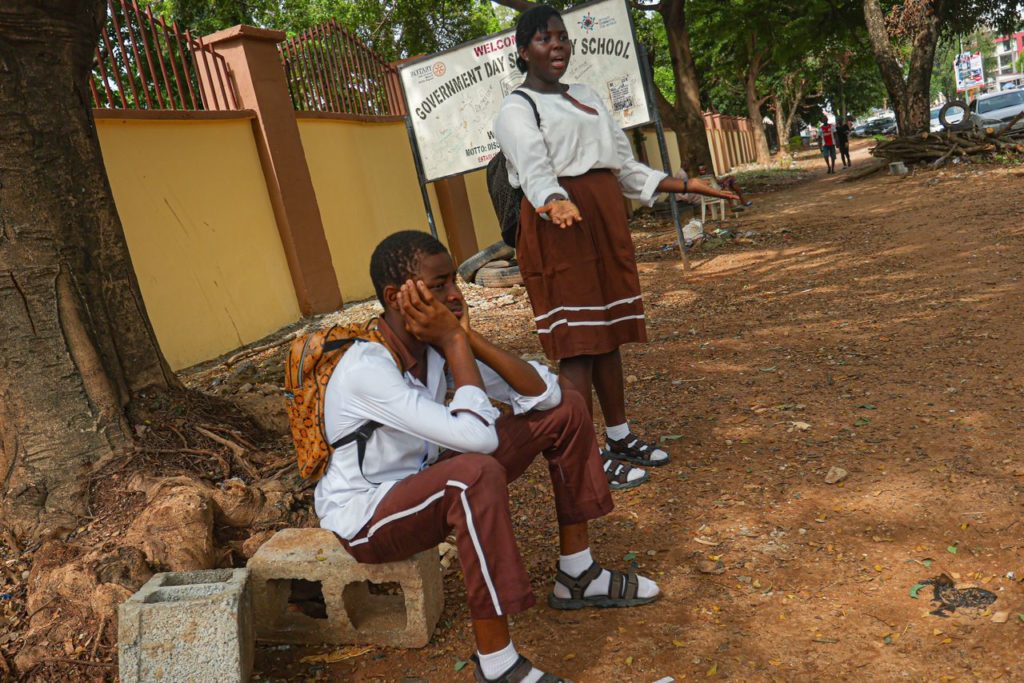As the Labour Unions initiated an indefinite nationwide strike action on Monday, most tertiary, primary, and secondary schools across the country ceased activities, prompting students to return home.
This occurred after the Nigerian Labour Congress (NLC) and the Trade Union Congress (TUC) declared on Sunday that they were resolute in proceeding with the industrial action.
“For now, we don’t have the power to call off the strike, tomorrow (Monday) morning, the strike will kick off as we take their (NASS) plea asking us to call off the strike to our various organs,” said Festus Osifo after the meeting with NASS leadership.


Previously, Osifo, the President of the Trade Union Congress (TUC), along with Joe Ajaero, his counterpart in the Nigeria Labour Congress (NLC), convened with Senate President Godswill Akpabio and Speaker of the House of Representatives Tajudeen Abbas in Abuja.
The gathering was a part of eleventh-hour endeavors by the legislators to persuade disgruntled workers to reconsider their planned industrial action regarding a new minimum wage.
The determination of Organised Labour arose from the impasse between the Federal Government and the unions concerning a fresh national minimum wage and the rollback of the recent increase in electricity tariffs.

On Monday, reports state that the initiation of the industrial action led to the closure of public schools, as teachers adhered to the strike.
Roads leading to prominent schools nationwide appeared empty as the effects of the strike intensified.
Stranded students were depicted conversing among themselves, expressing their frustrations about the strike’s repercussions on their educational endeavors.


The labor unions expressed concern that the existing minimum wage of ₦30,000 is insufficient to sustain the livelihoods of typical Nigerian workers. They lamented that some governors are not adhering to the current wage award, which expired in April 2024. This wage was established five years earlier by the Minimum Wage Act of 2019, signed by former President Muhammadu Buhari. They emphasized the necessity to review the Act every five years to align with the evolving economic needs of workers.
ASUU Joins Strike
The Academic Students Union of Universities (ASUU), has also directed its members to join the nationwide strike.
A statement by its President, Emmanuel Osodeke, to branch chairmen, and zonal coordinators of the association, noted the industrial actions were a result of the failure of government, to conclude the renegotiation of minimum wage for Nigerian workers and reversal of hike in electricity tariff.
“Our branches are hereby enjoined to join in the strike action as an affiliate member of Congress. Consequently, Branch Chairpersons are to mobilise all members to participate in the strike action,” the statement noted.



